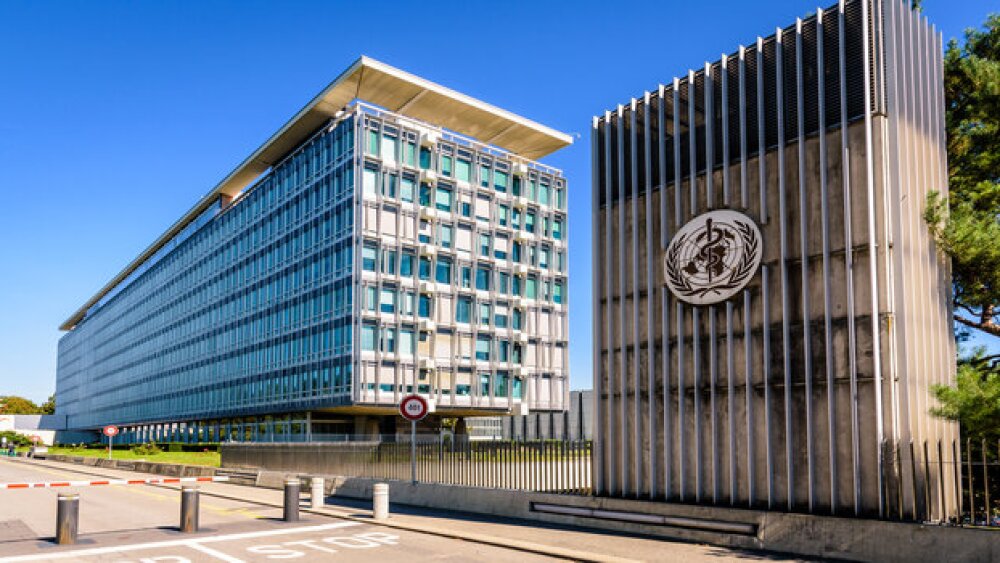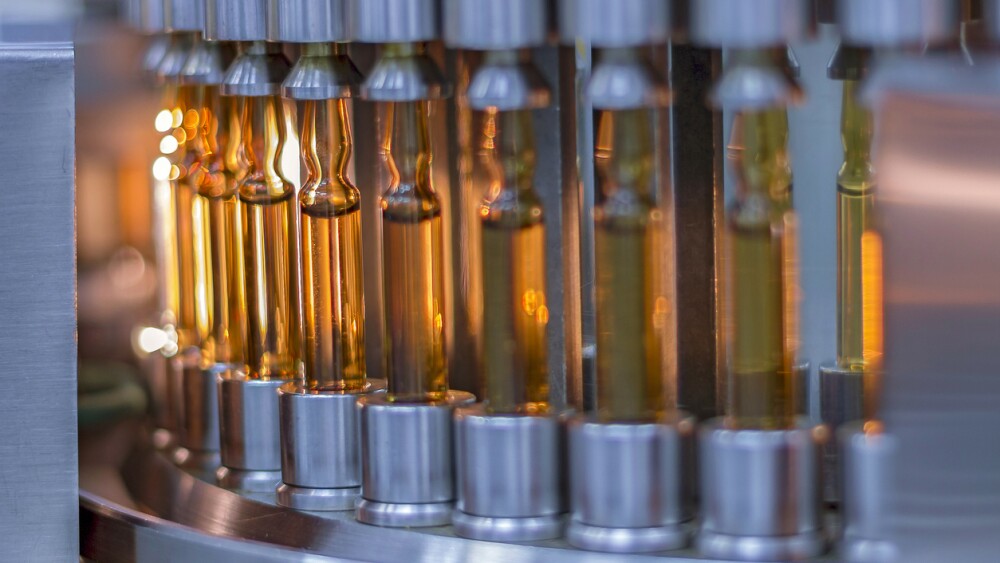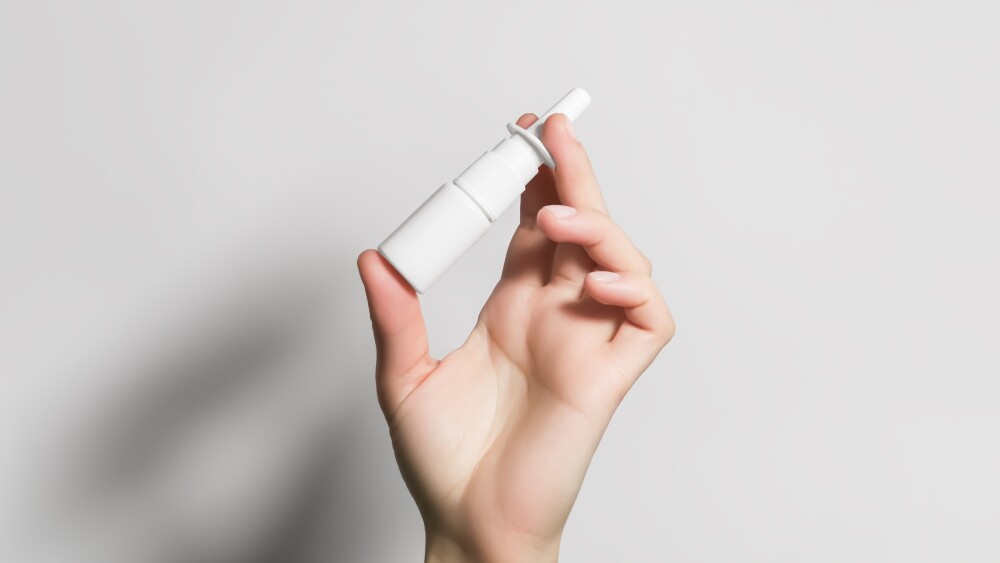The persistent shortage of genuine glucagon-like peptide 1 receptor agonist products has led to an increase in fake versions, the World Health Organization warned on Monday.
Pictured: WHO headquarters in Geneva, Switzerland/iStock, olrat
The World Health Organization on Monday warned consumers of an increase in falsified glucagon-like peptide 1 receptor agonist products, which it contends is driven by the “protracted shortage” of genuine versions of these products.
The prevalence of fake GLP-1 RAs—as well as the persistent shortage of genuine products—is most likely to have “disproportionate consequences” for patients with type 2 diabetes who rely on these treatments to control their blood sugar levels, according to the WHO.
“Falsified medical products have been known to lack efficacy and/or cause toxic reactions,” the WHO said. “They are neither approved nor controlled by competent authorities and may have been produced in unhygienic conditions by unqualified personnel, contain unknow impurities and can be contaminated with bacteria.”
The global health authority has also flagged social media platforms and other unregulated online channels, through which these counterfeit GLP-1RAs are often being sold.
The WHO advised that consumers only get their medicines through authorized and regulated suppliers, as using informal or secondary sources could come with “serious consequences.” Doctors should likewise adhere to proper prescribing and distribution practices to most effectively allocate GLP-1 RAs.
A class of peptide medicines, GLP-1 RAs work by mimicking the GLP-1 hormone to trigger the release of insulin into the bloodstream in response to a spike in glucose levels. Currently, the most established GLP-1 RA is Novo Nordisk’s semaglutide, which is indicated for type 2 diabetes under the brand name Ozempic, and for chronic weight management as Wegovy.
Eli Lilly is also a dominant force in the GLP-1 RA market with its tirzepatide, which is being marketed as Mounjaro for type 2 diabetes and Zepbound for obesity.
The market’s appetite for GLP-1 RAs has been voracious, which in turn has resulted in supply shortages that in some cases have been magnified by manufacturing issues. Novo Nordisk has struggled to meet the market’s demand for Wegovy since it was first launched in 2021, while the FDA last week revealed that Lilly’s Mounjaro will be available in limited quantities throughout February 2024.
Rising to fill the gap in supply and demand are counterfeit and compounded products. In June 2023, the FDA warned consumers that some pharmacies were selling unapproved salt forms of semaglutide, or were peddling products that falsely claimed to contain the GLP-1 RA. In December 2023, the regulator said it seized thousands of counterfeit Ozempic injections, which had been linked to a handful of adverse events.
Tristan Manalac is an independent science writer based in Metro Manila, Philippines. He can be reached at tristan@tristanmanalac.com or tristan.manalac@biospace.com.






